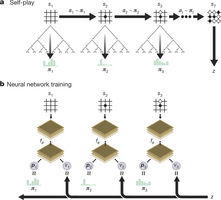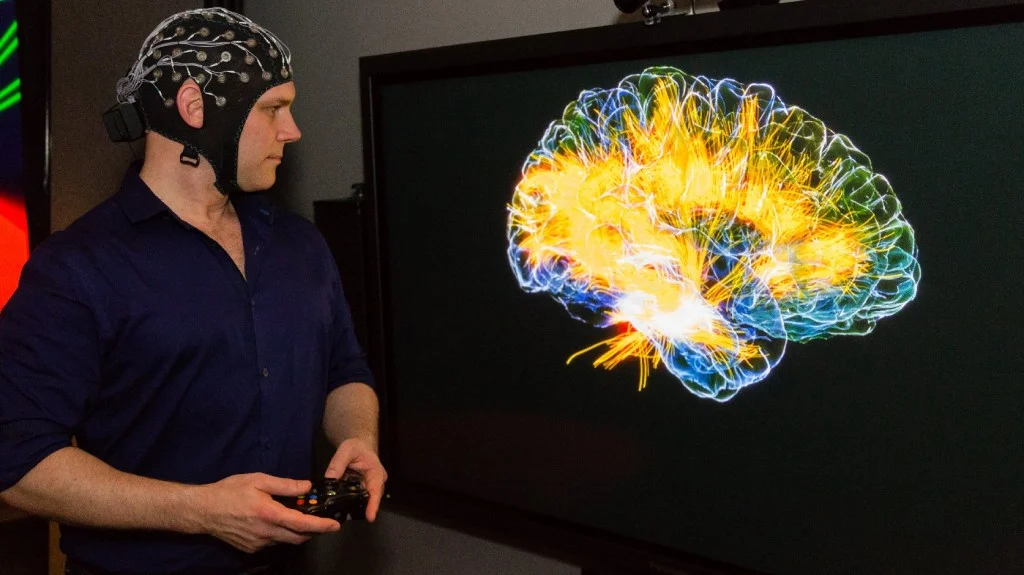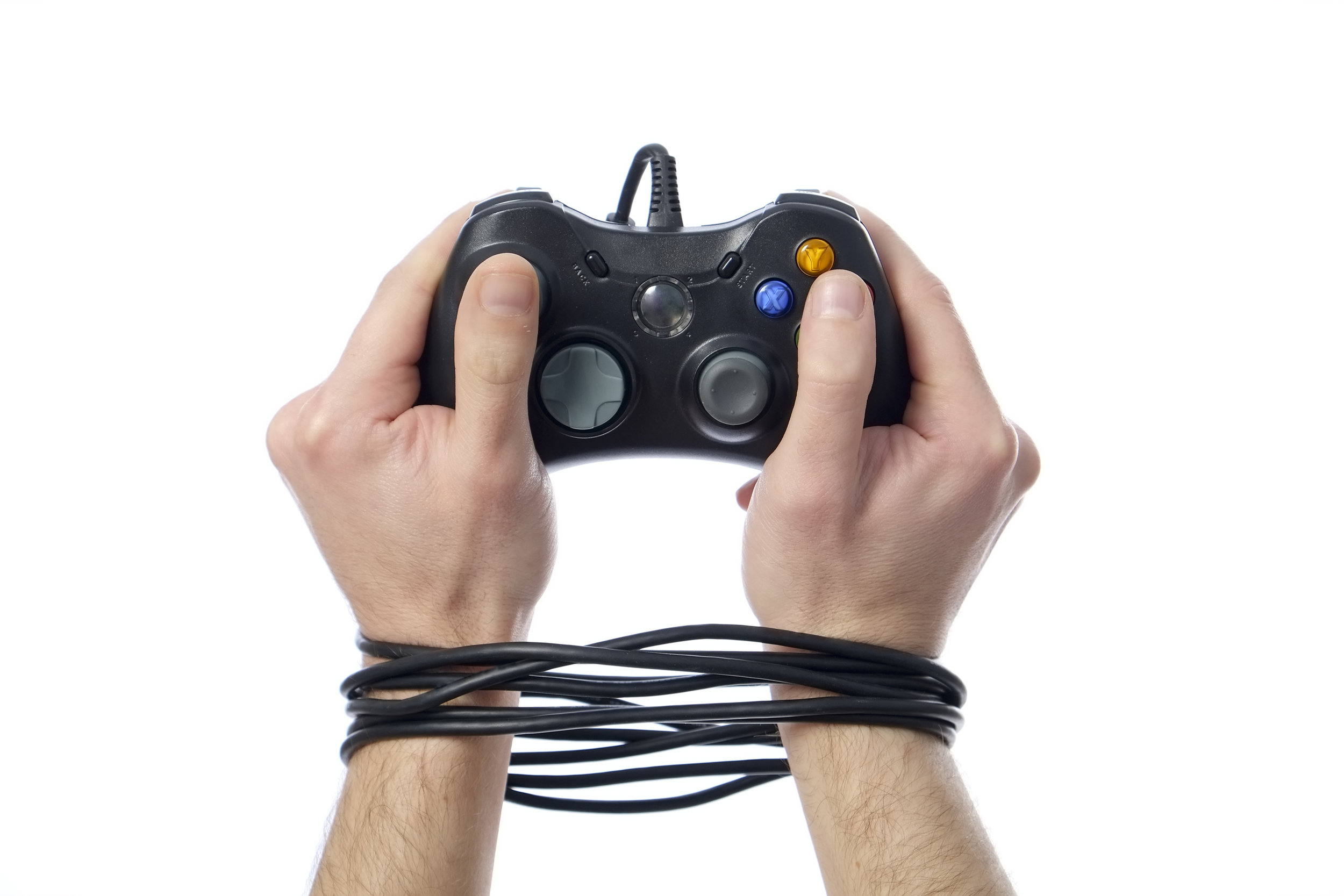New AlphaGo Zero A.I. Becomes Unbeatable After 3 Days, Crushes Predecessor 100-0
/Google DeepMind's AlphaGo Zero A.I. program just ascended to the next level.
AlphaGo Zero is their latest upgrade and it mastered the uber-complex ancient Chinese board game Go all by itself. That's right, unlike its predecessor, AlphaGo Lee, that studied millions of expert human moves before practicing against itself, AlphaGo Zero had no human inputs at all. Instead, Zero went solo, battling against itself!
It started with random moves and used a function AlphaGo Lee didn't: review its past experience to predict the rest of the gameplay to judge each scenario's winner before making its next move. Similar training took AlphaGo Lee months.
After just 3 days and 4.9 million battles, AlphaGo Zero beat AlphaGo Lee 100 times in a row!
“The results are stunning. We’re talking about a revolutionary change.”
-Jonathan Schaeffer, a computer scientist at the University of Alberta in Edmonton, Canada
What's Next for A.I.?
Scientists and techno-enthusiasts are excited to imagine all the possibilities of leveraging such computational capabilities. Have it solve poverty, hunger, energy, transportation, communication, construction, agriculture, diseases, longevity, space travel, and on and on.
“To AlphaGo Zero, the world human champion is a novice,” Schaeffer says.
But with no spirit or moral code to guide it and prevent it from harming living beings and the ability to far outpace humans, such "superhuman abilities" may be as great a threat as an unstoppable virus... or worse.
Sources:
https://www.sciencenews.org/article/newest-alphago-mastered-game-no-human-input?tgt=more
https://www.nature.com/nature/journal/v550/n7676/full/nature24270.html













